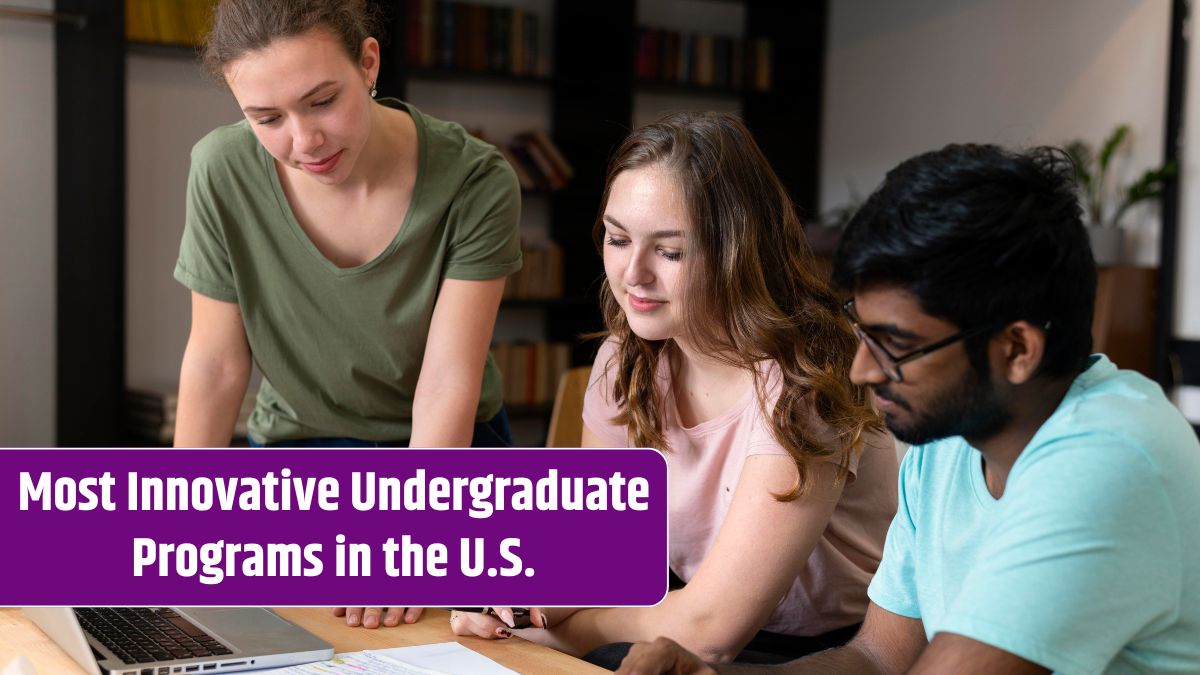Dreaming of attending a top U.S. university but worried your GPA might hold you back? Don’t stress—it’s not a deal-breaker. While grades matter, they’re not the only thing that admissions officers care about. With the right strategy, standout strengths, and a bit of grit, you can still land a spot at a great school. Here’s how to turn that low GPA into a winning application story.
Table of Contents
Context
First things first—your GPA doesn’t exist in a vacuum. Admissions officers look at the full picture. If your GPA dropped because of personal hardship, illness, or a rough transition, be honest about it. Use the “additional information” section of your application to explain the context.
Show them you’re more than just a number. If your grades improved over time or you took harder classes, make sure that upward trend is clear. Growth shows resilience, and that’s a trait universities love.
Test Scores
One of the best ways to balance a low GPA? Strong standardized test scores. SAT or ACT scores can help prove you’re academically capable. Even though many universities are test-optional now, submitting a solid score can offset a weak academic record.
Aim high. A good score can not only get you noticed—it can open the door to scholarships too.
Essays
This is your chance to shine. A well-crafted personal statement can do more for your application than you think. Talk about your journey, challenges you’ve overcome, what you’ve learned, and why you’re motivated to succeed.
Don’t just focus on struggles—highlight your passion, leadership, creativity, or community impact. Make your essay memorable, personal, and authentic. Show admissions officers why you’re a great fit, beyond the numbers.
Recommendations
Strong letters of recommendation can work wonders. Choose teachers, mentors, or counselors who know you well and can vouch for your potential, work ethic, and character.
Ask them to highlight your growth, determination, and unique contributions to the classroom or community. These insights give universities a clearer picture of who you are as a person—not just a student.
Activities
Your extracurriculars can speak louder than your GPA. Were you the lead in a school play? Captain of the soccer team? Volunteering regularly or launching a small business? That’s gold.
Universities love students who are active, passionate, and engaged. Highlight leadership roles, long-term commitments, or any real-world achievements. Quality beats quantity—focus on what mattered most and how you made an impact.
Alternatives
If your dream school still feels out of reach, don’t give up. Consider taking a detour:
- Community college route: Spend 1–2 years boosting your GPA and then transfer to a top-tier university.
- Post-grad year: Some students take an extra year at a prep school to improve academics.
- Online courses or certifications: Prove your academic chops with college-level work or industry certifications.
These options show initiative and commitment to improvement.
Here’s a quick breakdown:
| Strategy | Why It Helps |
|---|---|
| High test scores | Shows academic strength beyond GPA |
| Powerful essays | Lets you tell your unique story |
| Great recommendations | Confirms your character and growth |
| Strong activities | Highlights leadership and real-world skills |
| Smart alternatives | Offers new paths to the same goal |
A low GPA doesn’t define you—it’s just one chapter in your story. With the right plan, focus, and self-belief, you can still reach that dream university. Make every part of your application count, and show them why you’re worth the chance.
FAQs
Can I get into a top school with a 2.5 GPA?
Yes, with strong essays, test scores, and activities.
Do test scores still matter for low GPA students?
Absolutely—they can boost your academic profile.
Will explaining my GPA help?
Yes, context can change how admissions see your grades.
Are community colleges a good backup plan?
Yes, they offer a great transfer path to top schools.
How can I make my application stand out?
Focus on essays, activities, and recommendations.






















